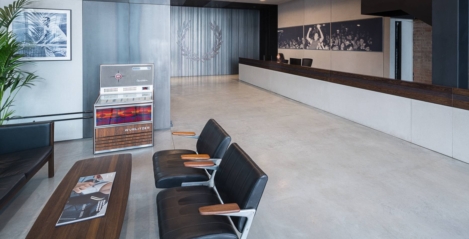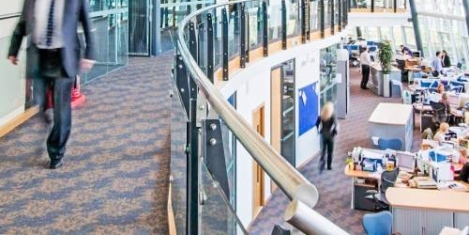May 11, 2017
Wellbeing strategies more commonplace in UK, but employees aren’t benefitting 0
 A new study from consultancy Barnett Waddingham based on the firm’s UK Workplace Wellbeing Index claims that despite wellbeing strategies becoming more common practice in UK companies, the benefits are not yet reaching employees. According to the report, nearly three quarters of firms who responded to the study claim they already have introduced a strategy or are in the process of implementing one. However, 60 percent of participating organisations report their employee wellbeing as between moderate and very low. According to the study organisations need to ask themselves if they are providing the benefits and interventions that are most effective for their employees. The research shows that the top five widely offered benefits (rated by effectiveness) are flexible working or home working, carer support, health assessments, line manager training and cancer screening. However, those most commonly utilised are flexible working, line manager training, carer support, home working and occupational health.
A new study from consultancy Barnett Waddingham based on the firm’s UK Workplace Wellbeing Index claims that despite wellbeing strategies becoming more common practice in UK companies, the benefits are not yet reaching employees. According to the report, nearly three quarters of firms who responded to the study claim they already have introduced a strategy or are in the process of implementing one. However, 60 percent of participating organisations report their employee wellbeing as between moderate and very low. According to the study organisations need to ask themselves if they are providing the benefits and interventions that are most effective for their employees. The research shows that the top five widely offered benefits (rated by effectiveness) are flexible working or home working, carer support, health assessments, line manager training and cancer screening. However, those most commonly utilised are flexible working, line manager training, carer support, home working and occupational health.





































